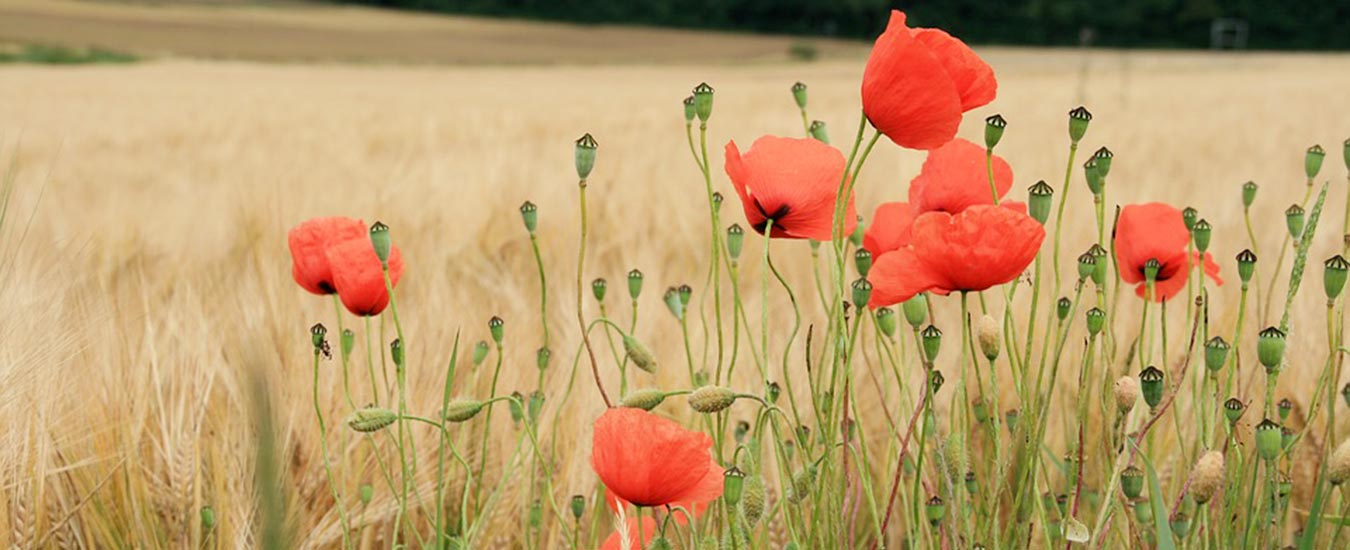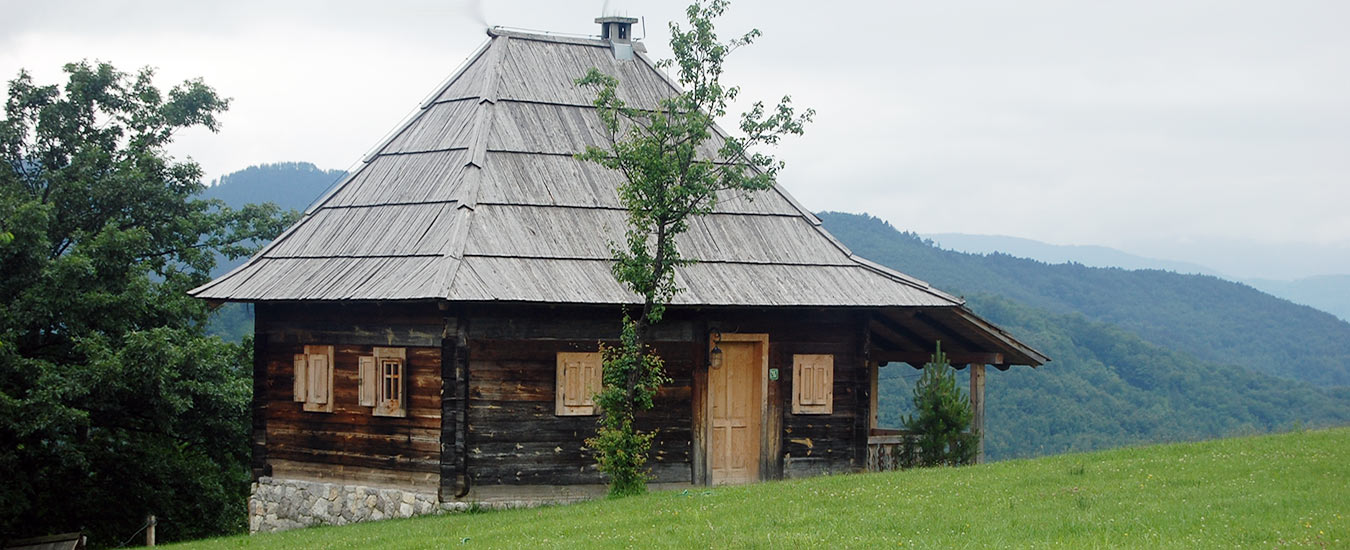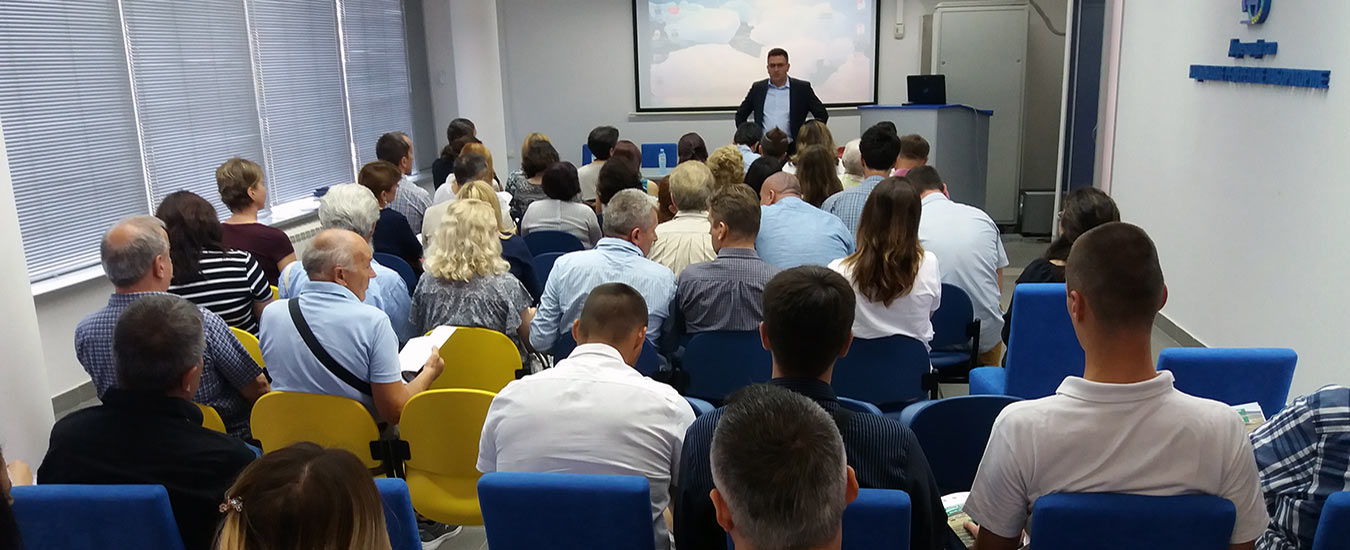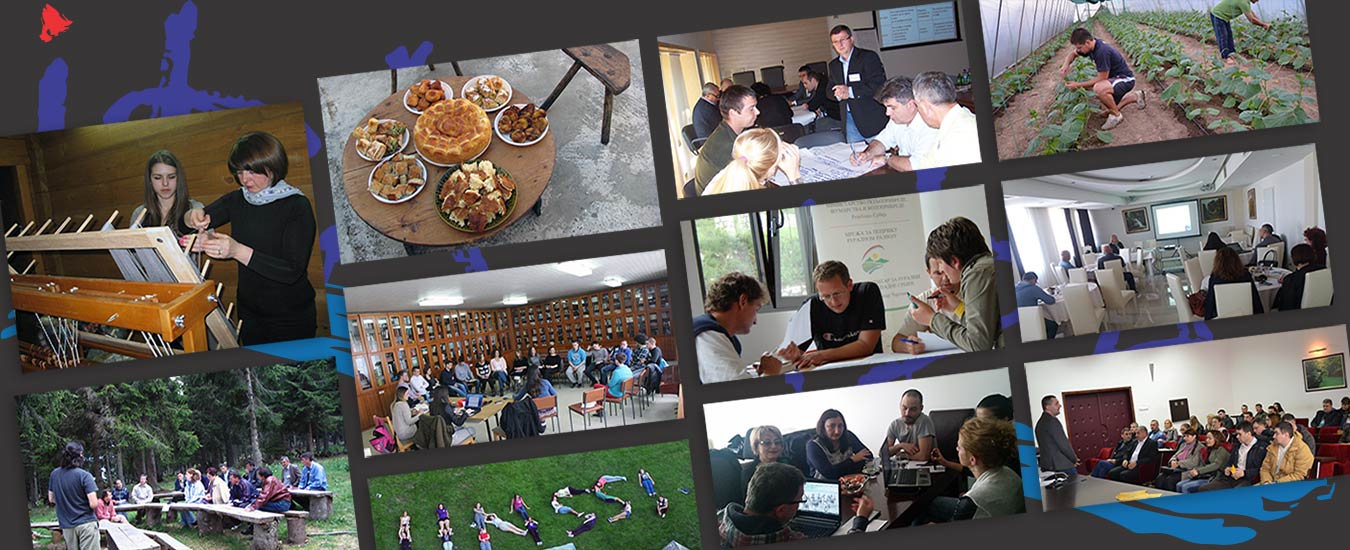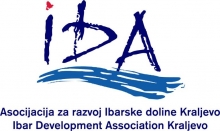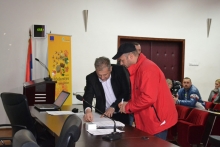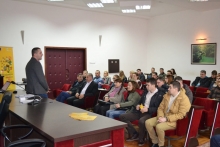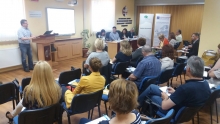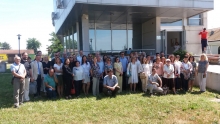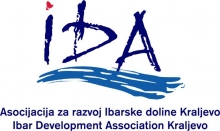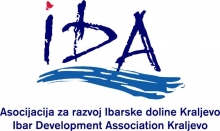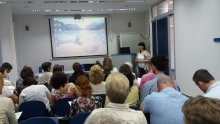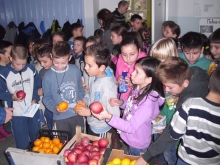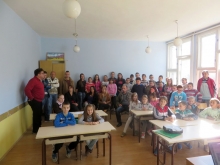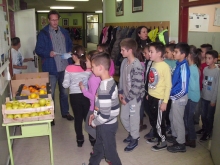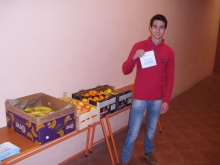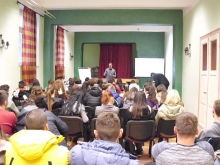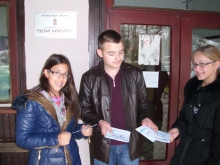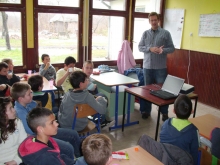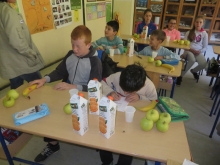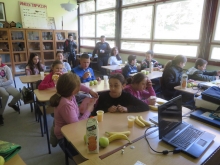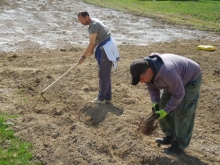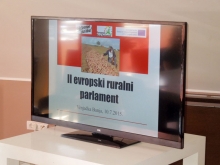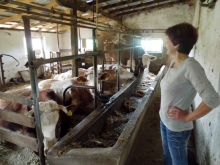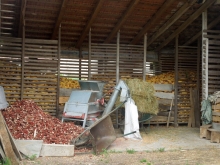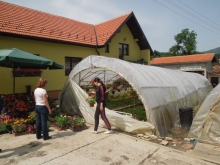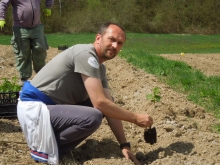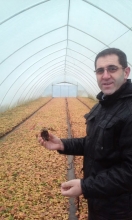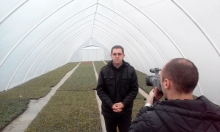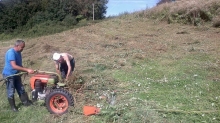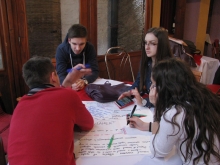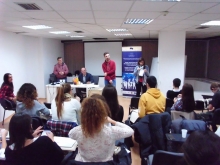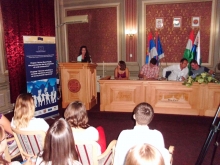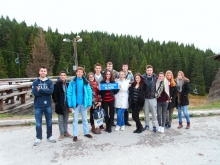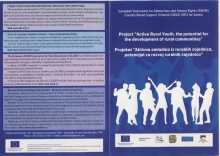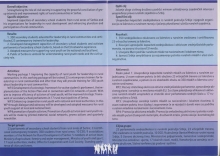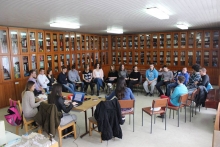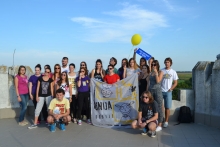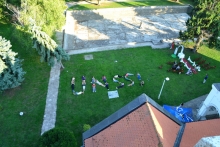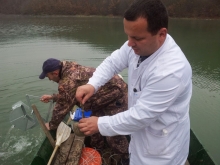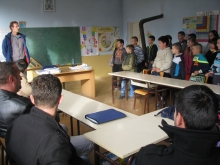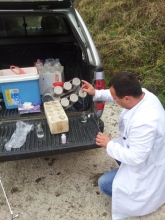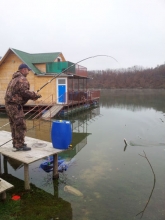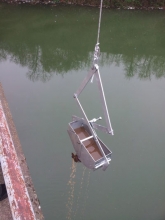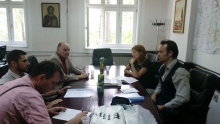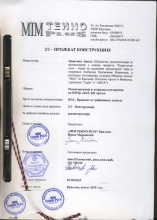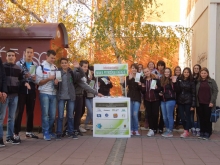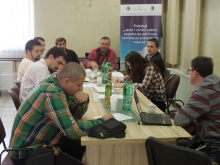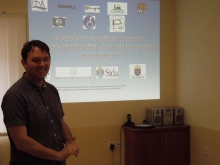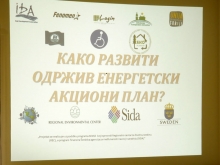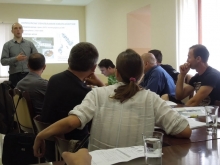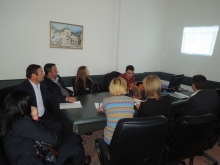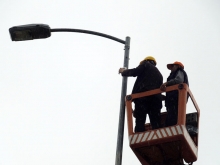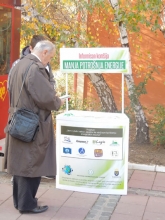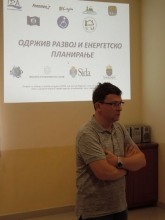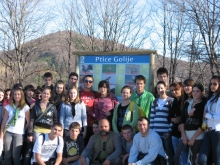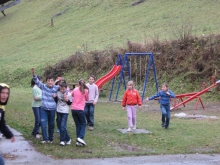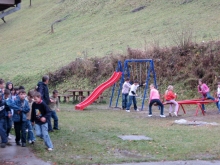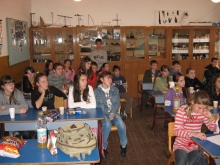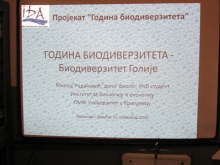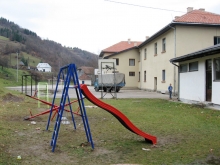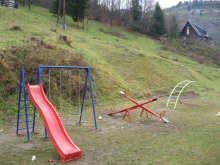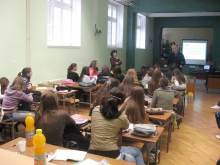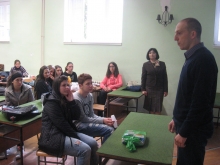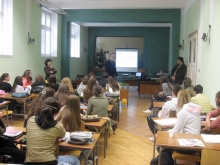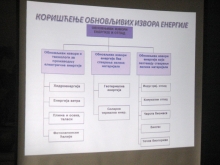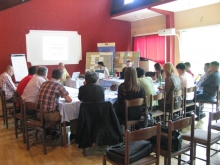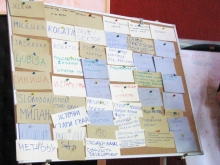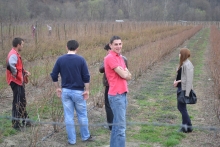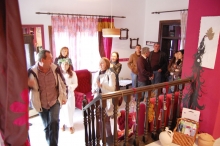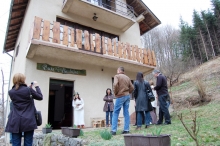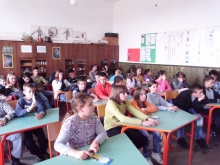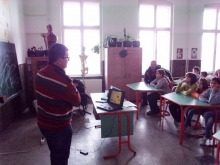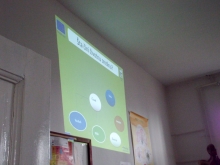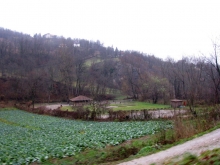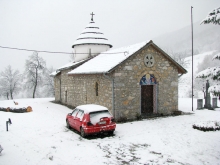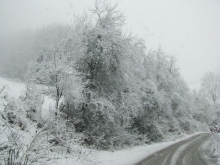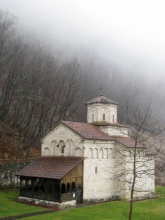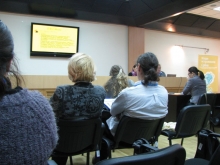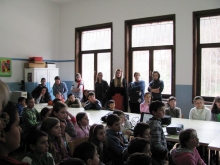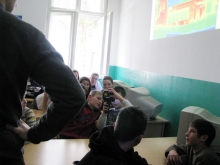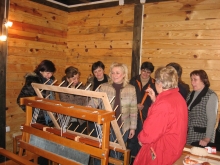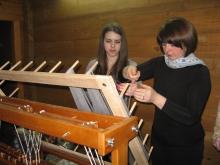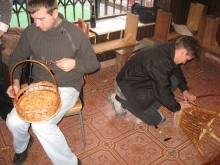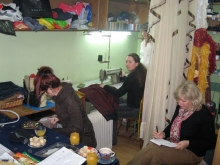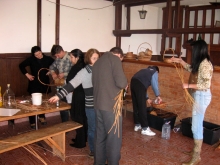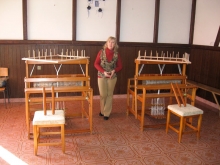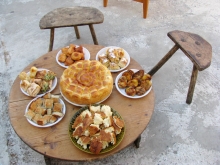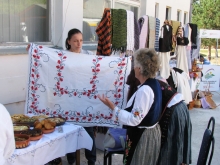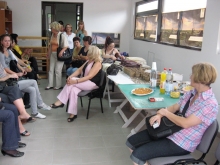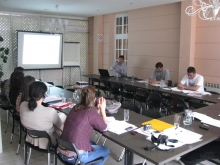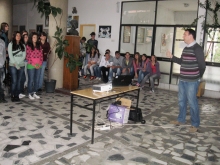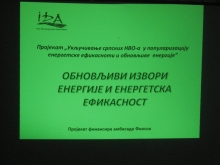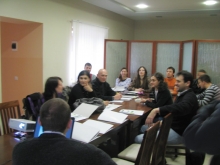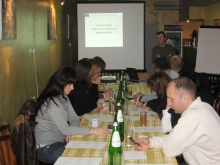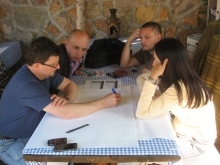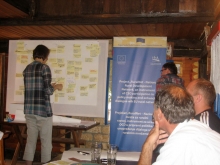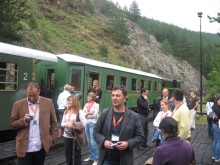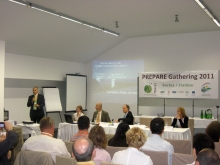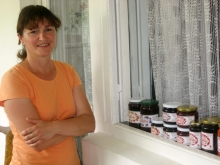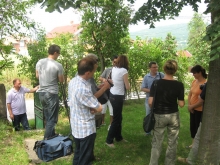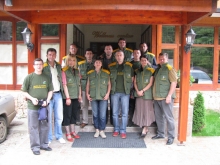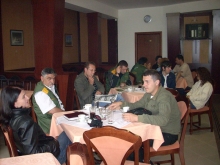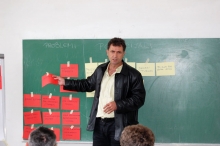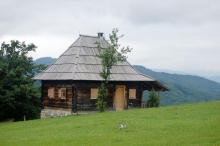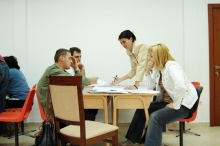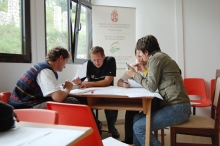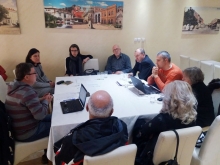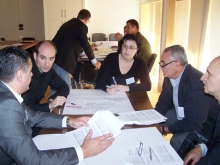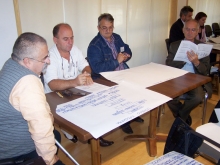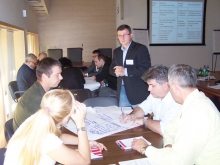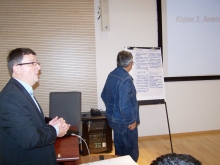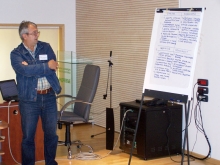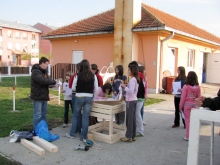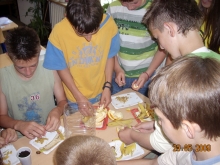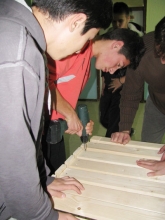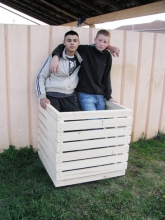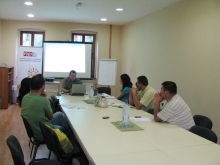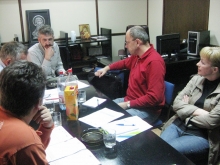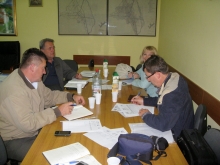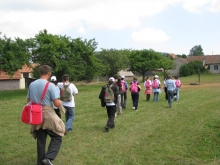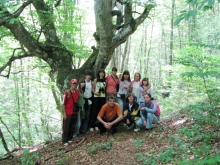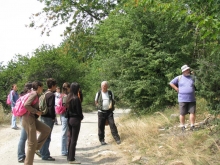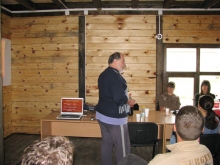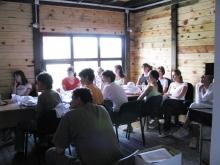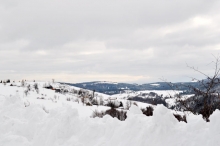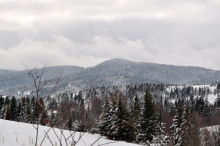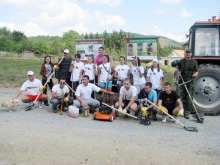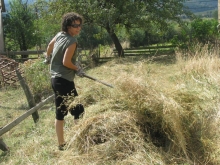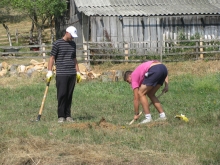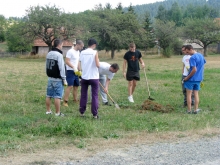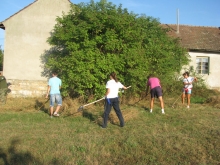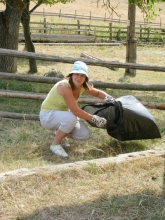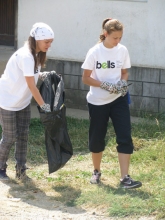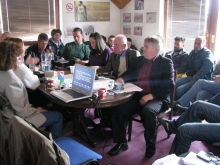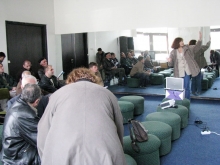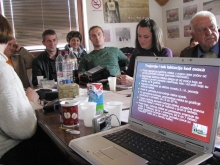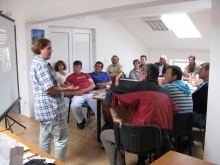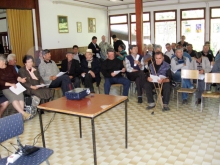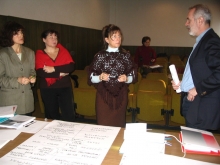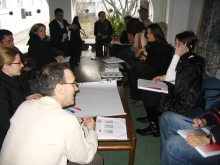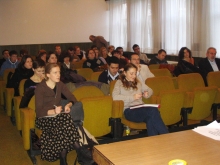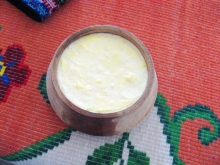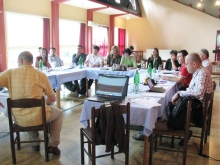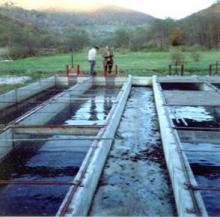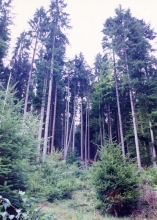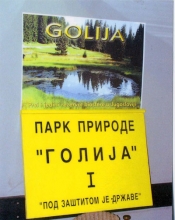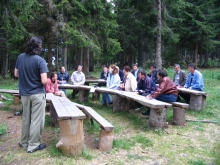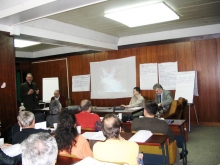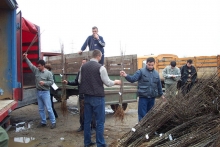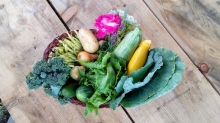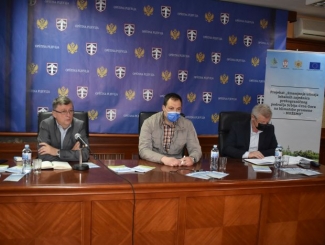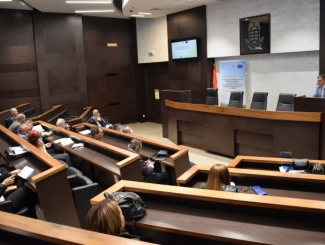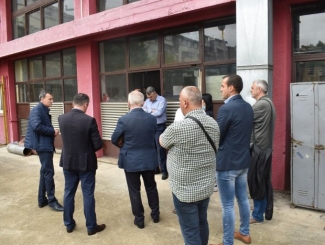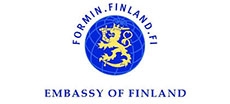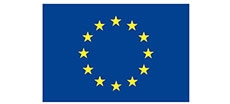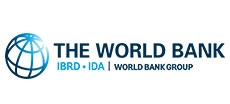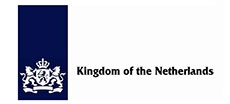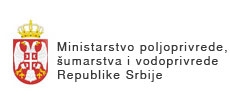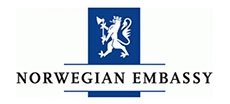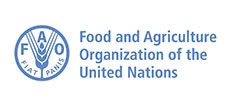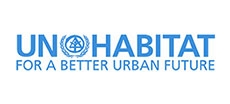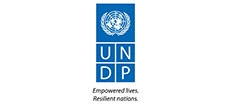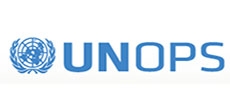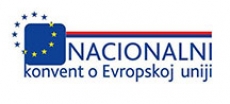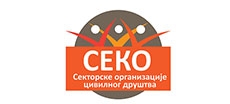
Project implemetnting:
1. Asocijacija za razvoj Ibarskih inicijativa „IDA“ iz Kraljeva
2. JEP „Toplana“ iz Kraljeva
3. JKP „Grijanje“ iz Pljevalja
4. Centar ekoloških inicijativa iz Berana
Implementation period: 8.6.2019-7.10.2020.godine
Locations of the action: Serbia and Montenegro
Cities and municipalities: Kraljevo, Novi Pazar, Priboj, Nova Varoš, Vrnjačka Banja, Raška, Pljevlja, Berana, Bijelo Polje, Kolašin, Mojkovac.
About project
The project "Reducing the impact of local communities in the cross-border region of Serbia-Montenegro to ClimAte chaNges - WE CAN", with its activities, results and specific goal, significantly contributes to achieving the specific objective of the program: Better awareness - Improved awareness of the inhabitants and industry on the importance of environment and nature protection.
The action contributes to program objectives through improving the state of the environment in local communities and improving the awareness of local stakeholders by improving the technical capacities of public companies operating in the heat supply sector, school facilities, as well as improving human capacities for reducing the negative impact of local communities on climate changes, as well as the creation of regional platforms for joint action, as well as youth education through a common curriculum program.
The action will contribute to improved awareness of the inhabitants and industry on the importance of environment and nature protection through programme outputs indicators achievement:
(i) Cross-border management plans agreed; The action will support cross-border dialogue and dialogue at the national level on regional cross-border priorities in reducing greenhouse gases emissions through energy efficiency and renewable energy sources utilization. At the end of the action, cross-border actors will have a harmonized plan that will define further courses of action and improvement of the state of the environment and the impact of local communities.
(ii) Implementation awareness campaigns on environment issues; In order to improve the state of the environment and reduce the negative impact of local communities on the environment, within the action a series of campaigns will be organized for improving awareness through informing school youth about climate changes and renewable energy sources, informing the public about climate changes and a possible contribution of each individual and local community, through the establishment and presentation of practical measures for mitigating the impact of local communities on climate changes and the use of renewable energy sources (pellet, solar energy), the promotion of the achievements of the project which reduced the greenhouse gases emissions by approximately 104t / year, the education of children in newly established Green cabinets in 4 primary schools.
(iii) Participants of capacity building activities in relation to management nature resources; The project will primarily focus its capacity building activities on school youth and employees in public energy companies "Toplana" Kraljevo and "Grijanje" Pljevlja and on schools, as well as on the same target groups from public companies that deal with the delivery of heat energy, which operate in other municipalities in the cross-border area. It should be particularly emphasized that 4 Green cabinets will be established in order to improve the capacities of the youth in the field of the environment, thus creating the possibility for the long-term impact of the project on capacity building.
(iv) NGOs participating in capacity building and networking activities; Since NGOs are one of the key stakeholders in environmental protection, and as two NGOs are members of the project consortium, considerable attention is paid to building their capacities, as well as to networking with stakeholders from other sectors. First of all, when it comes to capacity building, NGOs will be supported through inclusion in the activities that contribute to it (workshops, conferences, consultations, developed joint environmental education curriculum program about renewable energy use, climate changes and environment, education of young people from primary and secondary schools ...). Networking will be supported through regional initiatives for developing environmental education curriculum, as well as the process of defining regional cross-border priorities in reducing greenhouse gases emissions will be supported through energy efficiency and renewable energy sources utilization.
(v) Publicity events organized for the action’s promotion; One of the most important elements of the project is focused on the promotion of the project and the topic the project deals with. During the project, 9 promotional events will be realized, which will have a wide range of target groups, starting with primary and secondary school students, employees in public companies involved in the production and supply of heat energy, teaching staff, CSOs and the general public in local communities.
Overall objective:
To contribute to the protection of natural resources through pollution reduction, sustainable renewable energy usage and greenhouse gases emission reduction.
Specific objective: The local communities in the project area have built up technical capacities and have improved knowledge efficiently using local renewable sources and increasing energy efficiency as measures for reducing climate changes.
Expected results:
Result 1. Introduced innovative solutions concerning remote heating systems at the local level, with the goal of reducing climate change.
Result 2. Developed a model for establishing a system of paying for heat energy according to energy consumption, as a basis for more economical energy spending.
Result 3 Defined regional cross-border priorities in reducing greenhouse gases emission, through energy efficiency and renewable energy sources utilization.
Result 4. Realized 4 prototype projects in the field of using renewable energy sources in educational institutions.
Result 5. Established regional educational programme for pupils and students about climate changes.
Result 6. Key actors of local self-governments in the cross-border area, as well as the general public, have received new knowledge on renewable energy sources and climate change.
Planed activities:
Working package 1. Introducing new and innovative technological solutions in remote heating systems at a local level. (Related to R1, R2, R3)
A1.1 Installation and introduction of solar system for electricity producing in PEC “Toplana” Kraljevo
A1.2 Improvement technical and human capacities of PE “Grijanje” Pljevlja for quick malfunction locating and immediate intervention in heating energy distribution
A1.3 Development a model for establishing a heat energy payment system according to consumption
A1.4 Organisation two day workshop "Energy efficiency and using solar energy for reduction negative impact on the climate changes"
WP2 Realization of a “pilot projects” in the field of RE, and creating prerequisites for beter student education in this area. (Related to R4&R5)
A2.1 Installation renewable heating energy systems in two schools in the project area
A2.2 Installation a small photovoltaic system for solar electric energy producing in 4 schools in the project area
A2.3 Establishing four “Green school cabinet” for renewable energy using
A2.4 Development environmental education curriculum programme about renewable energy using, climate changes and environment
WP3 Raising the level of knowledge of key actors in the border area on renewable energy and climate change. (Related to R6)
A3.1 Preparation, printing and distribution publications about renewable energy using, role of local communities in climate changes and project promotion.
A3.2 Promotion good practice.
A3.3 Organisation closing conference "The way to better energy efficiency and greater use of renewable energy sources.
A3.4 Preparation, recording and distribution of short prom movie about renewable energy using, role of local communities in climate changes and project promotion.
More about Cross-border programme Serbia-Montenegro https://cbcsrb-mne.org/
This presentation has been prepared with the assistance of the European Union. The contents of this web presentation are the sole responsibility of Ibar Development Association “IDA”, and can in no way be taken to reflect the views of the European Union.

